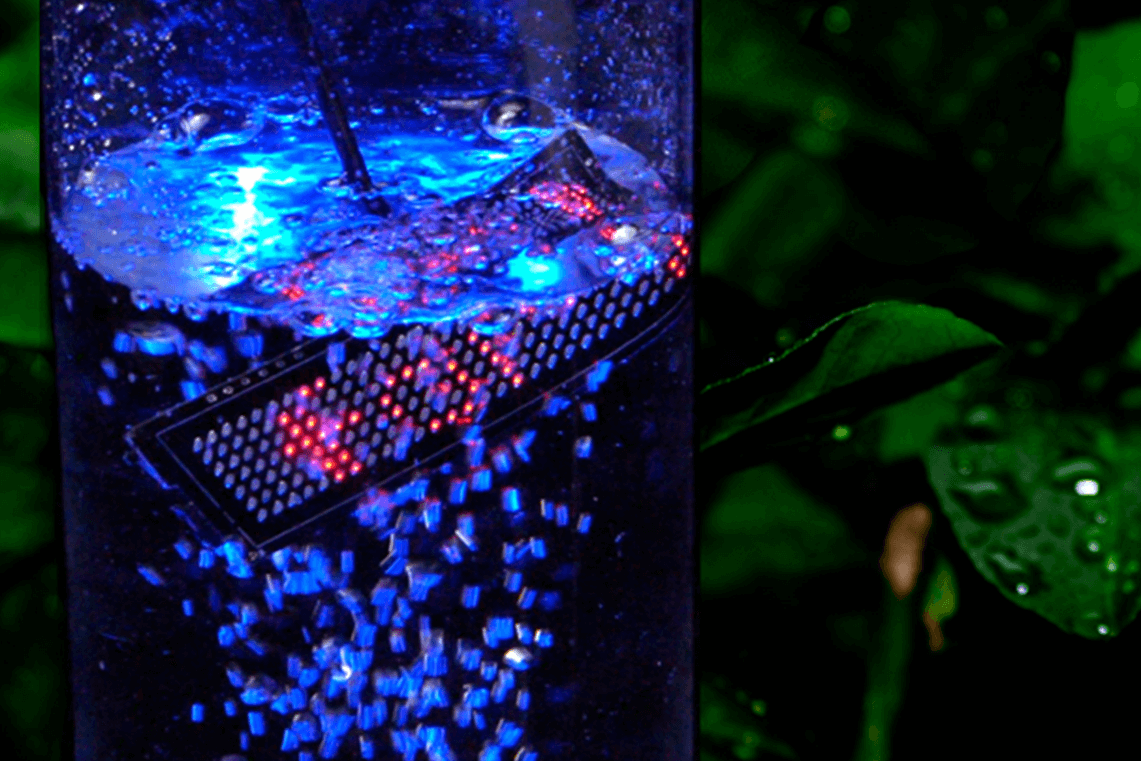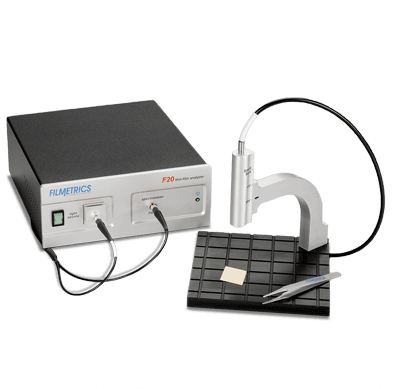SCS Blog
Recent SCS Blogs
SCS Announces New Plasma Nanocoatings at CES
In January, SCS exhibited at CES® in Las Vegas, Nevada. The show is known in the consumer electronics industry as the most influential tech event in the world and the proving ground for breakthrough technologies and global innovators. During the show, SCS announced the availability of its newest coating technology — PlasmaGuard™, an environmentally-friendly, halogen-free... Read More >>

Aerospace Conformal Coatings: Acrylic vs Silicone vs Parylene
Conformal coatings made of acrylic, silicone, and Parylene polymers play a crucial role in diverse aerospace applications, pushing technologies to their limits. These coatings, applied to printed circuit boards (PCBs) and other electrical assemblies, help uphold device performance under challenging operational conditions. Factors like atmospheric changes, chemicals, humidity, mobile ion infiltration, moisture, temperature fluctuations, and... Read More >>
Parylene for LEDs
LED Lifespan as Effected by UV Light LEDs are engineered to deliver up to 100,000 hours of light in ideal lab settings. Yet, their endurance diminishes significantly in real-world applications due to factors like electrical interference, moisture, UV light and physical damage. To maximize efficiency, LEDs need safeguarding against these persistent threats. Of all the... Read More >>
Optical Clarity of Parylene at Increased Thickness
Generally applied at micron-thin coating layers, Parylene offers numerous barrier, dielectric, insulative and similar protective benefits to printed circuit boards (PCBs) and related electronic assemblies. One property of Parylene applied in its normal range of 0.013 mm to 0.051 mm (0.0005 in to 0.002 in) is exceptional optical clarity, which makes it suitable for coating... Read More >>
Military Conformal Coatings: Acrylic vs Urethane vs Parylene
Conformal Coatings for Military Electronics Military electronics need to operate without fail under conditions of extreme duress. The role of conformal coatings — acrylic, urethane, and Parylene — as protective insulators of the printed circuit board (PCB) assemblies that guide automated military systems is well-documented and continually under review to develop enhanced performance parameters. This... Read More >>
Parylene Masking Revealed
Whether the application is a medical device, a printed circuit board (PCB), or a light-emitting diode (LED), a Parylene conformal coating is beneficial for providing protection to the component. Sometimes, however, the product also has to be protected from the Parylene conformal coating. The Parylene masking process serves to protect designated areas of a component... Read More >>
How to Choose Parylene Thickness: Thin vs Thick Films
Implications of Parylene Coating Thickness Parylenes offer high purity and they eliminate hazardous waste due to the vapor deposition process that does not make use of solvents and catalysts [1]. Their low dielectric coefficients, excellent adhesion to various surfaces and conformal coating properties make them a key polymer in multiple applications. Thickness changes in the... Read More >>

Cost of Parylene Dimer
Perhaps the most reliable of the conformal coatings, the cost of applying Parylene coatings (poly para-xylylene) varies depending on labor requirements (e.g., cleaning, masking, application, demasking, inspection, etc.), raw material costs and batch size (number of parts to be coated at one time). Parylene CVD and Dimer Requirements The Parylene chemical vapor deposition (CVD) process... Read More >>
How to Setup a Conformal Coating Spray Operation
Spray coating involves applying conformal coating directly onto the printed circuit board (PCB) by spraying. This method is usually done manually in a spray booth or via aerosol, but it can also be automated or robotic for specific coating tasks. PCBs are safeguarded by spraying liquid conformal coatings like acrylic, epoxy, silicone, and urethane onto... Read More >>
Rugged Electronics and Conformal Coating
With a rise in global military presence and our reliance on electronics for vital operations, it comes as no shock that the defense, automotive and electronics industries are shifting towards ruggedized electronics. Projections indicate the market could hit approximately $1.5 billion by the close of 2026. What are Ruggedized Electronics? While many electronics tout their... Read More >>

